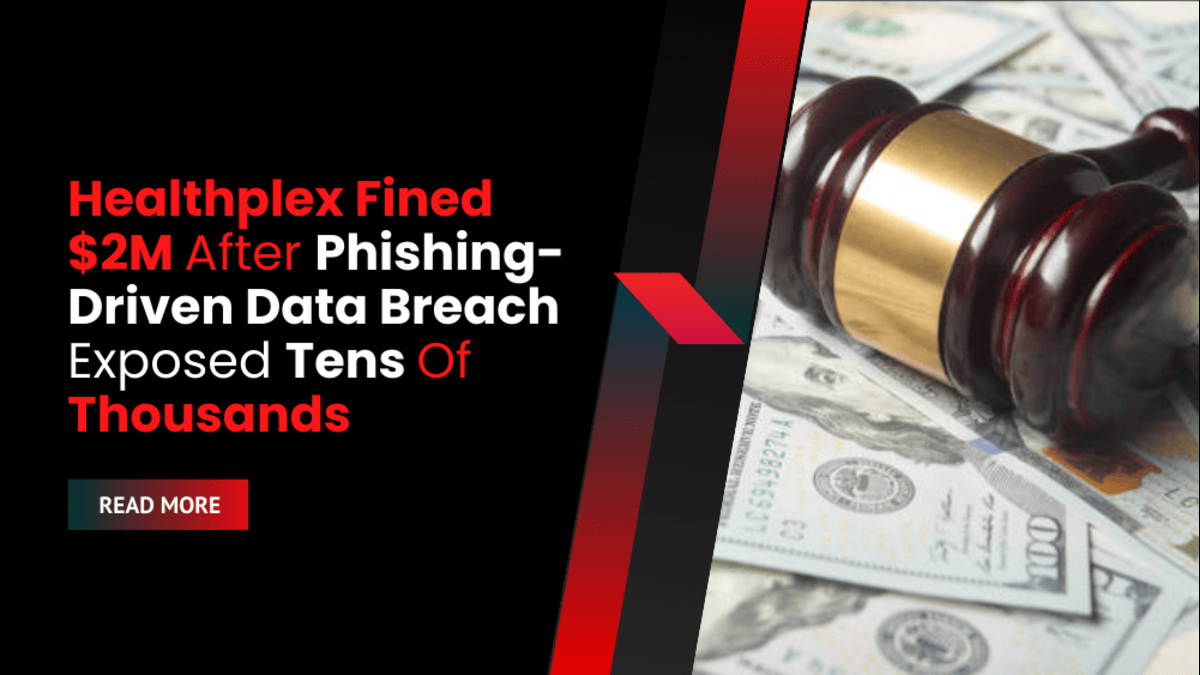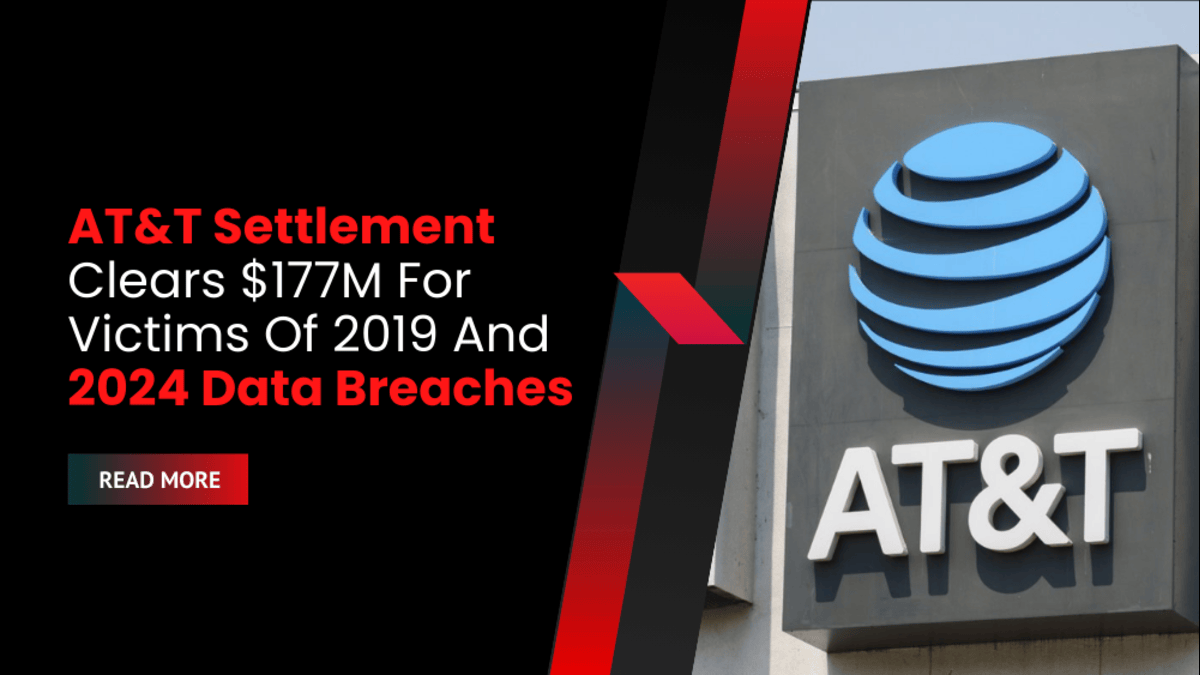A phishing email, a missing security layer and a long delay in reporting have cost New York health insurer Healthplex $2 million after state regulators found serious cybersecurity failures that exposed the private information of tens of thousands of New Yorkers.
The Department of Financial Services (DFS) said the incident began in late 2021, when a customer service employee clicked a phishing message. That single action gave attackers access to the employee’s email account and the personal and health data stored there.
How The Breach Unfolded And What Went Wrong
Investigators found two basic but critical failures. Healthplex had no policy limiting how long messages were retained in Outlook, and it had not activated multi-factor authentication for its email system. DFS said those gaps “left customers’ nonpublic information wide open.”
The account that was compromised contained personal and health-related records. DFS described the exposed material as sensitive and noted the insurer’s controls were insufficient to prevent or limit the damage from a credential-based intrusion.
Delayed Reporting And Regulatory Response
New York’s cybersecurity regulation requires covered entities to report breaches to regulators within 72 hours. Healthplex did not meet that deadline. DFS says the company waited more than four months to notify the state, a lapse that violated the notification requirement designed to protect consumers and give regulators time to respond.
Superintendent Adrienne A. Harris framed the settlement as a corrective measure. “Health insurance providers are entrusted with highly sensitive personal information,” she said. “Healthplex’s failure to adhere to these rules resulted in the exposure of the sensitive data of tens of thousands of consumers.”
As part of the settlement, Healthplex will pay a $2 million fine and must retain an independent auditor to evaluate its multi-factor authentication controls.
What The Settlement Requires And Why It Matters
The penalty is intended both to punish the past failure and to push remediation. Beyond the fine, the mandated independent audit of MFA practices is specifically aimed at closing the control gaps that let attackers access an email account and the data inside it.
For consumers, the case highlights how credential-based attacks on everyday services—email in this instance—can cascade into large-scale exposures when basic safeguards are missing. For firms, the outcome is a reminder that data-retention policies and multi-factor authentication are not optional best practices; in New York, they are regulatory expectations with meaningful consequences when ignored.









